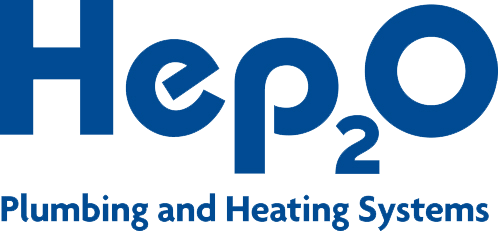Back
Make hay while the sun shines?
Purplex MD Andrew Scott discusses five key strategies that can help companies bounce back healthier and stronger from the lockdown.

Recent history is littered with home improvement initiatives launched by successive governments. We’ve seen the HIPs (Home Information Pack’s), the FiT (feed-in tariff for solar energy) and the Green Deal all launch with fanfare, only to be quietly killed-off and buried a few years later.
So, I’m more than a little sceptical about the government’s latest scheme, the Green Home Grant – especially as the Chancellors announcement on 8th July was two months before the scheme came into effect, and the benefits for the glazing industry appear marginal.
However, the £2 billion scheme does serve two purposes; it will stimulate consumer spending on top of an already buoyant home improvement market, and it will help the government towards its future environmental and net-zero carbon targets.
Riski Sunak’s announcement followed a significant speech the previous week when Boris Johnson announced plans to accelerate a £5 billion investment into infrastructure projects and ‘build build build’ our way to economic recovery.
And it gets better; relaxation in planning consent red-tape and the freezing of stamp duty up to £500k will stimulate the property market – home improvements are often top of the list soon after a house move.
Is it time to make hay while the sun shines?
It certainly seems that the stars are aligned right now for the home improvement industry – with retail, commercial, new build and public sectors all set to benefit from recent initiatives.
Order books are already filling up for many companies. Scrambling for sales leads has been replaced with scrambling for staff, fitters and contractors.
The industry has a golden opportunity right now to recover from the impact of coronavirus by maximising the current market conditions to improve margins, cash, and profitability. For those companies fortunate enough to be busy right now, there are 5 strategies:
-
Review your pricing
After years of downward pressure on prices and rising costs, a busy period is always a good time to review your pricing structure and discounts. Can you implement price increases on your high-demand products, or consider dropping low margin/low demand products to increase capacity for faster moving, better margin products?
-
Don’t cannibalise margins
It can be tempting to work long overtime periods or increase staff (such as more fitting teams). However, this can decimate margins and you work harder for no real gain. If it is possible to increase lead-times, this can ensure continuity of work and protect your margins.
-
Segment your customer
Consider segmenting your customers based on margin contribution, how demanding they are, and what their payment record is like. By choosing to lose some customers or by applying case-by-case price increases you can ensure you provide a quality service while maintaining the right margins.
-
Focus on cash
Many companies have taken advantage of government support to defer HMRC tax and VAT payments and used the CBILS or Bounce-Back loans. However, it won’t be long before it’s pay-back time. Using this golden period now with a busy market can give you the opportunity to review payment terms and start building cash reserves.
-
Maintain your marketing presence
Don’t make the mistake of cutting back on your marketing during a busy period. Business operates in cycles and maintaining a strong brand and reputation now will carry your business through the tougher times. What’s more, a surge in leads and orders will help you to implement strategies more effectively, outlined in points 1 – 4 above, to improve margins and cash.
Time to be cautious
While the market is certainly busier than many expected, and the key drivers outlined in my introduction will help drive the market, we also need to be cautious. With 9 million people furloughed, the UK remains in a precarious position and large-scale redundancies seem inevitable. The risk of a second wave of the virus and the potential impact on business must also be considered.
However, all factors considered, with Johnson’s ‘build build build’ agenda, a commitment to the housing market, home improvement stimulus and uncertainly around travelling abroad on holiday, the future looks bright for the glass and glazing industry.
Andrew Scott is a leading industry consultant who has acquired, built and sold several companies. He is the founder and MD of Purplex Marketing and Insight Data. www.purplexmarketing.com
This entry was posted in Marketing Strategy





